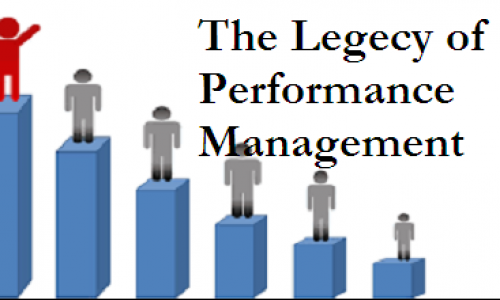Many companies have done away with appraisals and bell curves in the recent past. They announced they were bringing in regular reviews, real time feedback conversations as part of the performance management.
But was this stance really unprecedented? Was it the first time ever that organisations were talking about development? Seems not.
* Merit ratings were introduced in WW I by the US military to identify and dismiss poor performers. In WW II, forced rankings were introduced to identify soldiers with the potential to become officers. By the 1940s, about 60 per cent of US companies were using appraisals to formally document performance and allocating rewards.
* The shift came in 1950s. There was a shortage of managerial talent, and it was important to develop employees to take on supervisory and management roles.
* Wave 2 came in the 70s. Inflation was increasing, the real value of money declined and differentiation in rewards became important to retain high performers. In 80s, GE introduced the bell curve or forced distribution - develop high performers, accommodate the middle, and dismiss the bottom.
* In 2012, Kelly Services became first professional services firm to drop performance ratings.
* However, since 2016, we have seen some of the companies go back to ratings. Research indicates that a few organisations saw a drop in performance after they dropped ratings and bell curves, with employees not getting a sense of how they were performing.
Supervisors were unable to explain the logic and context of how reward decisions were taken in the absence of ratings.
Organisations are realising the importance of a hybrid approach balancing accountability and development.
* Feedback needs to be embedded in daily work and reviews, for it to be ongoing and relevant.
* Feedback conversations have to focus on performance as well as future actions needed to grow.
* It is necessary to identify the exceptional and poor individual performances, as much as it is important to focus on team outcomes, collaboration, and innovation.
The biggest lesson to draw is that there is no perfect performance management design or system.
A performance management framework design needs to keep the employees and teams at the center and be designed around what really drives performance.
Short term priorities help focus on things which are relevant at the moment and are most impactful.
Very frequent conversations are required, not only to discuss performance but also purpose, expectations, and strengths.
Formal periodic performance reviews are needed for transparency, but they need to be well backed by real-time data.
We must understand that this is a massive cultural and behaviour change and cannot be effected overnight through announcements, process or tool changes.
It needs behavioural changes at all levels. Organisations on this journey still have a few challenges to solve for -
* Coaching at scale
* Feedback as a way of life
* Aligned culture and role models
* Real time recognition of poor performance
* Insights from the humungous data
* Redesign of processes strongly linked to ratings
* Ability to explain context applied for reward decisions.
Courtesy: www.peoplematters.in



